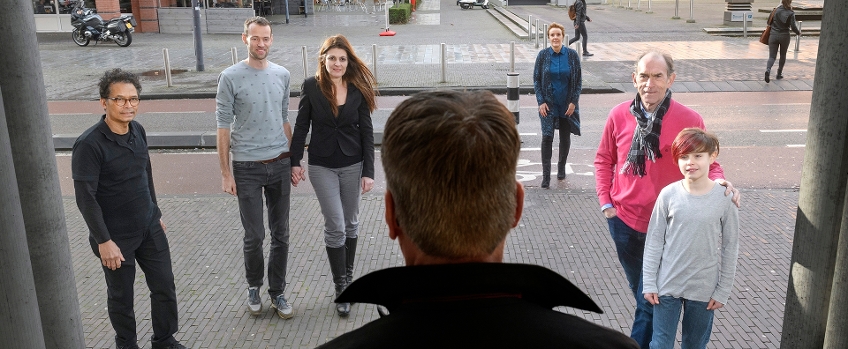How can we help incarcerated individuals reintegrate into society, support crime victims in their recovery and foster healing in their social networks? These are the key questions of the Restorative Justice & Desistance from Crime research group. We believe strong connections between institutional life and the outside world are essential for successful reintegration. Our practical research provides tools for professionals to navigate this process.
Many people encounter challenges that prevent them from living independently, such as homelessness, being a refugee, being a child in foster care, having mental health issues or having committed crimes. Most of these situations are temporary, with the goal of helping these individuals reintegrate into society. That’s why we focus on helping professionals develop the skills they need to improve their chances of success.
